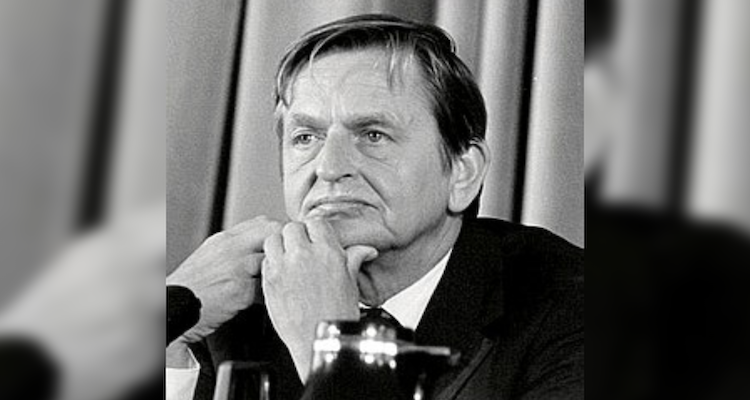Why Everyone’s Chasing a Feeling They Can’t Name

Why do so many people feel restless despite having more comfort than ever? A deep look at the unnamed emotion shaping modern life—and what it means for us.
Introduction: The Quiet Search No One Talks About
On any given morning, millions wake up with the same sensation: a subtle tug in the chest, a flicker of longing, a whisper that something is missing. It’s not sadness. It’s not joy. It’s not even boredom. It’s a feeling that doesn’t quite fit into language—one that settles beneath the surface and pushes people to scroll endlessly, switch jobs more often, travel impulsively, or chase new experiences with unexplainable urgency.
Across generations—from teenagers glued to their screens to working adults contemplating career pivots—people are pursuing something they can’t fully describe. And in that pursuit lies a growing cultural phenomenon that psychologists say is shaping modern identity.
Context & Background: A Restlessness Born in a Changing World
Over the past decade, the emotional landscape of daily life has shifted dramatically. The world is more connected yet more distracted, more informed yet more overwhelmed. Social feeds overflow with curated moments and carefully sculpted achievements, creating a never-ending benchmark of what life “should” feel like.
Culturally, people are drifting away from organized institutions—religion, community spaces, traditional career paths—and moving toward individualized journeys of meaning. But without shared vocabulary or guidance, those journeys often begin with a vague feeling rather than a clear goal.
Sociologists argue that the rise of hyper-individualism has produced a generation that is constantly “checking in” with themselves—with no roadmap on what emotional fulfillment looks like. This unnameable feeling becomes both the compass and the confusion.
Main Developments: The Surge of the Unnamed Emotion
The unnamed feeling appears in everyday behavior:
- The endless scroll for something that resonates
- The sudden urge to travel without expectations
- The pressure to reinvent oneself through productivity or aesthetics
- The subtle dissatisfaction with routines that once felt predictable
Mental-health professionals describe this shift as a “quiet emotional revolution”—a collective recognition that people are searching for something more visceral than success or happiness. It’s not simply anxiety or nostalgia; it’s an in-between state that exists beyond traditional emotion charts.
Some call it yearning. Others call it liminality, sonder, or emotional vertigo. But none of these quite capture the full sensation.
What makes this feeling powerful is its universality. Whether someone is living in a big city, working remotely from a small town, or juggling responsibilities at home, the pursuit of this unnamed emotion has become a defining element of modern life.
Expert Insight & Public Reaction
Psychologists say the sensation stems from the widening gap between expectation and lived experience.
“People today are more emotionally aware but less emotionally grounded,”
notes Dr. Lara Mendel, a behavioral scientist who studies modern identity formation.
“They know they want more—but they don’t know what ‘more’ actually means.”
Economists observe a similar pattern in consumer behavior. The rise of “experience consumption”—from micro-travel to concert surges to wellness retreats—reflects the desire not for luxury, but for feeling. Experiences aren’t purchased for the event itself, but the emotional spark they promise.
Online, people are talking about this feeling too—often through memes and viral posts that say things like:
“I miss something I never lived.”
or
“Do you ever feel nostalgic for a moment that hasn’t happened yet?”
The resonance is immediate. The comments sections overflow with people saying, “Yes, exactly this… but I don’t know why.”
Impact & Implications: A Redefinition of Meaning
As more people confront this unnamed emotion, it is quietly transforming major aspects of society:
1. Work and Career Paths
Employees are no longer driven solely by salary or stability. They’re seeking purpose, creative autonomy, and emotional fulfillment. As a result, career switching, freelance experimentation, and sabbatical culture have surged.
2. Relationships and Community
People are gravitating toward smaller, deeper circles rather than large social groups. “Meaningful connection” has become a dominant theme in relationship advice, dating apps, and community-building platforms.
3. Mental Health and Self-Understanding
The search for the feeling is pushing individuals into therapy, mindfulness practices, and introspective routines not just to fix problems but to understand the emotional “gap.”
4. Pop Culture and Media
Films, music, and literature increasingly reflect the emotion—stories about searching for belonging, characters caught between life stages, and soundtracks heavy with atmospheric longing.
5. Technology’s Double Role
While technology amplifies the feeling by showcasing idealized lives, it also tries to soothe it—through wellness apps, digital journaling, mood trackers, and personalized recommendation algorithms.
The phenomenon suggests a society that is no longer satisfied with surface-level happiness. It wants depth, resonance, meaning—and is struggling to define what that means in the first place.
Conclusion: Naming the Unnameable
The chase continues because the feeling itself is evolving. It’s a mirror of modern life—complex, fragmented, but full of possibility. The search for it may be less about finding a specific emotion and more about discovering a sense of alignment: a moment when ambition, identity, and inner truth briefly meet.
People may not know what the feeling is, but they know when they’re moving closer to it. And in a world shaped by noise, uncertainty, and rapid change, that quiet chase might be the most honest thing people do.
Disclaimer :This article is for informational purposes only. It is not a substitute for professional psychological advice, diagnosis, or treatment.










